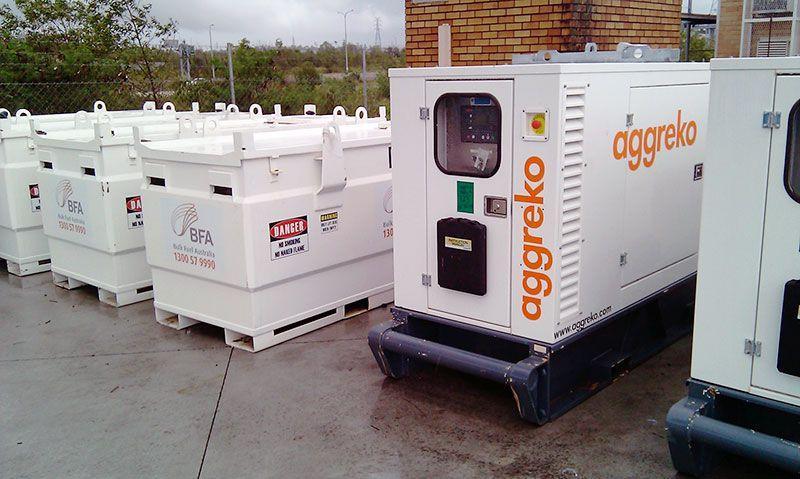A brief history of modern fuel
- Details
- 15 January 2016

Fuel is arguably the most priceless commodity on Earth. Every day, millions of businesses worldwide rely on transport to conduct their operations, and without a constant fuel supply, this would be impossible. Of course, petrol, diesel and the like hasn’t always been so important, but fuel in general has, with wood burnt for fuel since time immemorial and coal used as a power source for many centuries.
The advent of the car at the beginning of the 1900s was vital in kick-starting the modern fuel revolution. As you’ll know, cars, and any other motor vehicle, for that matter, require an internal combustion engine to run. These engines themselves need fuel, which meant that the oil industry had to be able to produce fuels to an increasingly high quality and in mass quantities.
A history of modern fuel
Distillates from coal tar and crude oil were used to power the early automobiles. Petrol, surprisingly, was considered a waste product.
It wasn’t until 1884 that petrol was first used as a fuel for an engine.
However, petrol soon increased in demand, to such an extent that large parts of the more volatile kerosene manufacturing process were diverted in order to produce petrol.
Refinement
Initially, petrol was produced as a distillate of petroleum. However, as the likes of Henry Ford improved his motor vehicles, fuel manufacturers had to respond by pursuing higher quality production methods.
Thermal cracking
Thermal cracking converts a higher fraction of petroleum into petrol. It was first introduced in 1913 to cut down on wastage. It was itself superseded in the 1920s by catalytic cracking, which negated the need for high pressure and produced superior petrol.
Introducing lead into the mixture
In 1926, lead was introduced as an anti-knock agent; this allowed higher compression, more powerful engines to be manufactured and also meant fuel registered higher octane levels, thereby boosting performance.
It soon became apparent that lead was damaging to the environment and public health, and as we moved through the 1950s and 1960s and into the 1970s, through higher octane fuels and increased compression ratios, unleaded fuels came into fruition, to suit the catalytic converters now required on all newly manufactured vehicles in Australia.
Fuel Today
Nowadays, all petrol you’ll see at service stations is unleaded. Since the 1990s, diesel fuel has increased in popularity, with car manufacturers aware of their responsibilities in terms of the environment. It is thought that half of European cars now sold run on diesel fuel, while in Australia the latest figures suggest that around 20% of vehicles take diesel.
Here at Bulk Fuel Australia, we provide the finest bulk fuel supplies and fuel storage solutions for your fleet. We operate across Australia and service all the industries you’d expect, including construction, railways, mining, fleet and transport and power generation, providing them with wholesale petrol to fuel their vehicles.
For on-site refuelling of your fleet, including after hours fuel, and to take advantage of wholesale fuel prices, call Bulk Fuel Australia today on 1300 579 990.
